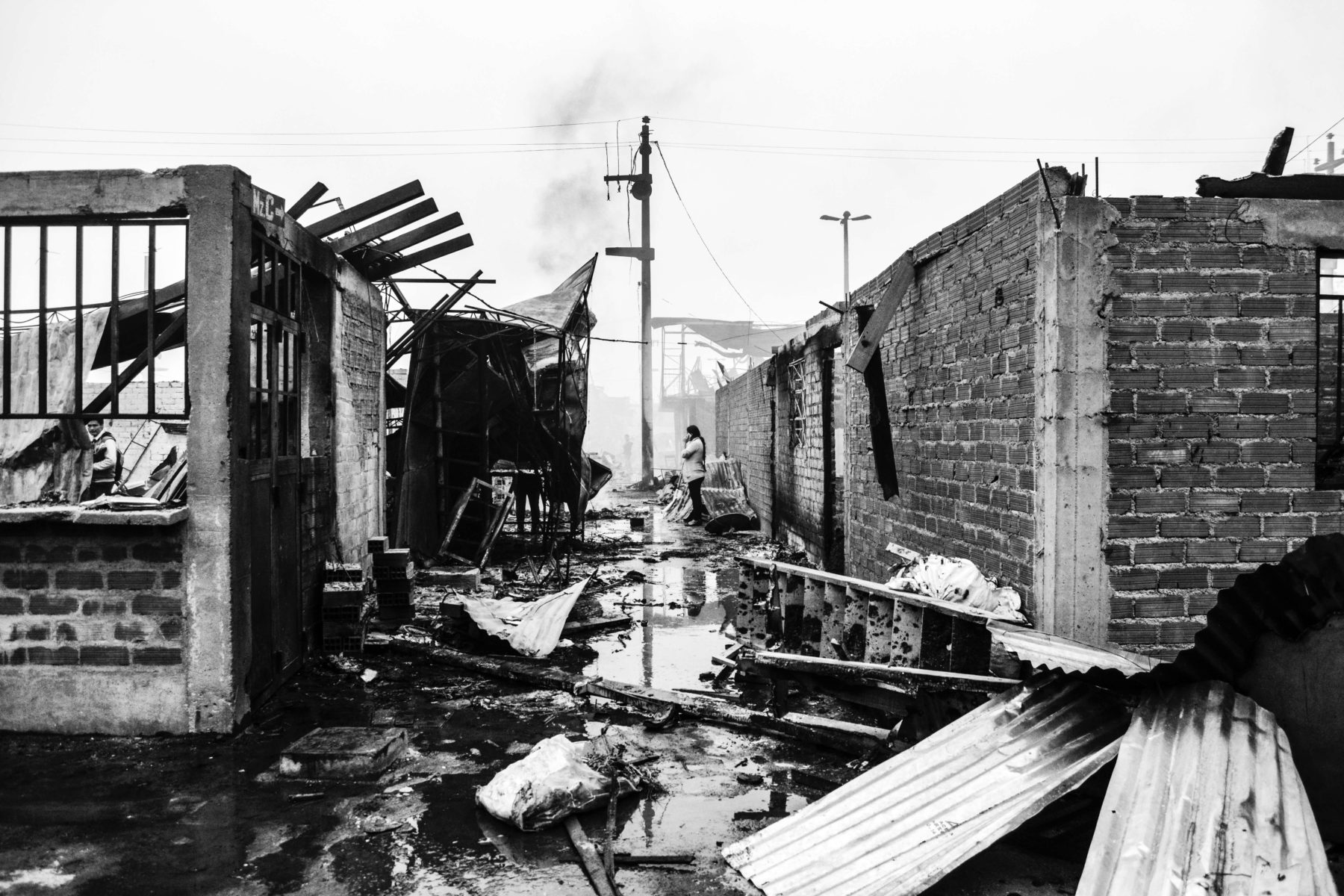The past week has been tragic for residents of Houston and the surrounding area as they look for relief in the wake of Hurricane Harvey. Meanwhile, in India, monsoon rainfall has ravaged the country and created dire circumstances in South Asia.
Communication is vital in emergency situations, and that fact has been accentuated by these two recent natural disasters. The safety of non-native speakers relies heavily on the language access they have.
There are almost 150 different languages spoken in Houston, making the city more linguistically diverse than Miami, Detroit and Boston. Harris County, where Houston is located, has 1.3 million Spanish-speaking residents. Hindi, Tamil, French, and German speakers also call Houston home.
There are more than 100 major languages spoken in India, and thousands of lesser-known dialects.
In light of the tragedy in Texas and India, we’ve compiled an emergency preparedness checklist for non-native speakers in the event of a disaster.
Emergency Preparedness Checklist
The following services are critical for the Limited English Proficiency (LEP) community during an emergency situation:
Informational Multilingual Phone Lines: Access to multilingual interpreters 24/7 via phone supports LEP speakers by ensuring necessary disaster information is conveyed to those who do not speak the local language.
Rapid Response Localization: Multilingual translations for evacuation routes, preparedness guides and health warning flyers ensure the proper safety information is disseminated to each member of a community, no matter what language they speak.
Field Linguists: On-site interpreters provide clarity and a sense of calm for LEP speakers. These linguists help manage food and shelter information centers while also answering questions from non-native speakers.
Family Plan Templates: Localized “family plan” brochures that detail LEP speakers’ emergency contacts and meeting spots in the event of a disaster should be distributed both digitally and in hard copy form. The same goes for audio and video resources explaining preparedness techniques and best practices. These should be localized or at least subtitled for LEP speakers.
Preparedness Training: Disaster preparedness training should be made available to the LEP community. These trainings allow LEP citizens to meet local members of law enforcement, who should be well-versed in serving non-native speakers during an emergency. Translated training brochures, presentations, subtitled audio and video tutorials and localized disaster preparedness checklists should all be provided to facilitate these training sessions.
Resources and How To Help
There are resources for non-native speakers affected by Harvey. FEMA’s website is navigable in 21 different languages, and the organization also has a Twitter page in Spanish. The City of Houston’s website has language options for Arabic, French, Spanish, Chinese and Vietnamese.
The Disaster Distress Helpline offers free, multilingual support for those affected by the hurricane.
Food banks, shelters and other relief organizations are all pitching in to provide the necessary resources to families and individuals.
The City of Houston has listed ways to help those affected on its website, and NPR has also compiled a thorough list of ways to pitch in.
The New York Times has assembled a wealth of information on how flood victims can apply for help, including a list of important phone numbers and links for those affected. In addition, National Voluntary Organizations Active in Disaster, Direct Relief and Portlight all have information on how to help victims of Hurricane Harvey.

